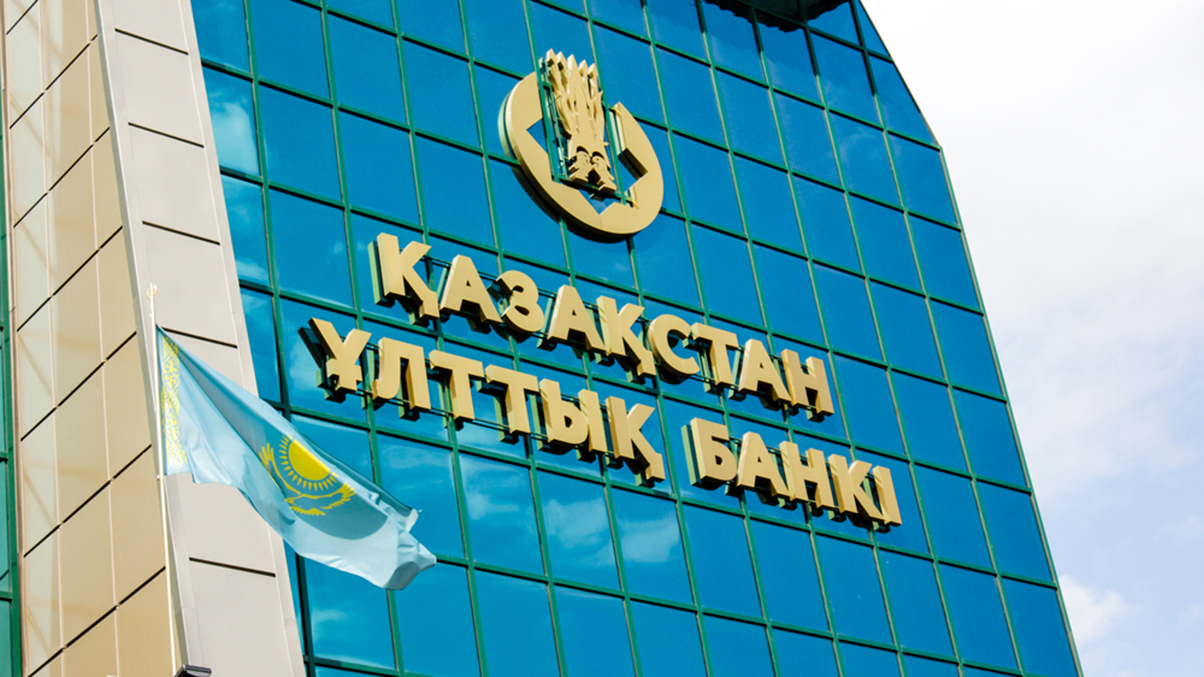The Law Society recently produced a series of articles highlighting how the UK commercial courts moved swiftly to be able to continue to administer justice in the wake of restrictions due to the Covid-19 pandemic.
The virtual trial in the case of National Bank of Kazakhstan & anor v the Bank of New York Mellon & ors was the first of its kind, and the Law Society featured the following case study by Associate Aleks Valkov and Partner Fiona Gillett highlighting how this came together.
Case background
We acted for the claimants, the National Bank of Kazakhstan and the Republic of Kazakhstan, in National Bank of Kazakhstan & anor v the Bank of New York Mellon & ors [2020] EWHC 916 (Comm) in the Financial List of the Business and Property Courts.
At their heart, the proceedings concerned a dispute over the freezing of circa US$530 million by the Bank of New York Mellon in response to an order of the Belgian court (which had been made at the request of the other defendants – the Stati parties).
The trial had been listed for seven days starting on 23 March 2020.
Three party groups were to participate in the trial (represented by Stewarts, Linklaters and King & Spalding).
Evidence was to be given from up to eight witnesses, all but one of whom were based abroad (namely in Kazakhstan, Belgium and the United States). Last minute arrangements therefore had to be made to allow for their evidence to be given via video conference facilities.
With an imminent national lockdown looking unavoidable and faced with a request by the Stati parties to adjourn the trial, on 17 March 2020 the trial judge, Mr Justice Teare, directed the parties to attend court on 19 March 2020.
The virtual trial
At that hearing, we argued against an adjournment and suggested that the judge (as the judge in charge of the list) may consider our trial as suitable to operate as a test case of sorts, to show that the court can operate notwithstanding the extraordinary and unprecedented events then (and still now) affecting the world.
Our case had many of the features of Commercial Court litigation: multiparty, large sums at stake, banking transactions, international parties and witnesses and experts located in different jurisdictions.
We submitted that it was expected that during our trial the court would acquire considerable experience that could be used in other cases in the interests of other court users.
Indeed, the Financial List “is part of an active and forward-looking strategy for the UK with regard to commercial dispute resolution”, “is designed to respond to users. UK commercial dispute resolution, has historically worked with business – British business and international business – to ensure a business-relevant law. This has involved keeping up to date with the business field” and, further, “the judiciary intends to maintain an active, coordinated, long term, strategy to ensure that UK law and legal services continue to play their leading part in the just resolution of commercial disputes internationally, and in the interests of strengthening the rule of law globally.”
No doubt with the above in mind, the judge ordered a short adjournment of the trial start date and directed the parties to make arrangements for a fully remote trial.
Accordingly, the trial took place between 26 March and 1 April 2020, just two full business days after the UK went into lockdown and at a time when neither solicitors, counsel nor the courts had any real practical experience of running a fully virtual trial with all participants, including the judge and their clerk in separate locations.
There was some trial and error along the way, but Mr Justice Teare commented in his judgment that the “hearing was conducted without any technical hitch and all parties co-operated to ensure that the hearing took place efficiently and fairly”.
He thanked the parties and all third party service providers involved “for enabling a case in the Commercial Court involving international parties and witnesses from several countries to take place notwithstanding the impediments caused by the outbreak of coronavirus”.
The virtual trial was hailed as an overall success and showcased the English courts’, solicitors’ and counsel’s willingness and ability to adapt and embrace change and technology to ensure the continued administration of justice.
With over 85% of all civil court hearings having proceeded as remote hearings in April 2020 (with those statistics being continued to date), in the weeks and months following our trial, many other law firms and clients participated in virtual trials and hearings and were faced similar issues.
Over time the processes have however been refined and further protocols established. The process of arranging and holding remote hearings is now a well-oiled machine, with the courts’ administrative staff themselves (rather than the parties) selecting the video communication platform to be used and making the necessary arrangements for the hearing.
The technology used
When setting up our trial, there were a number of key issues which had to be addressed, namely:
- identifying a reliable videoconferencing platform
- providing adequate IT support and management of the proceedings
- ensuring all the parties involved (including witnesses and experts) had access to all the relevant documents
- meeting the requirements of public access to the trial
In terms of the videoconferencing platform, we relied on Zoom which proved very reliable and user-friendly and which was subsequently used in several further remote hearings organised by the parties.
However, due to historic security issues with the platform (as well as, as far as we understand, its availability on judges’ judicial issued laptops), Zoom is not being used as the default platform now that the courts are making all arrangements for remote hearings, with the courts instead preferring Skype for Business and its newer product – Microsoft Teams.
The legal services industry in England has shown remarkable flexibility. At the beginning of the year, there were only a very limited number of companies which had meaningful experience with supporting virtual hearings and events.
For our trial we relied on Sparq, who specialise in digital events and who provided the necessary technical experience to assist, notably with the livestreaming of our trial on YouTube.
That said, many other providers (for example, Opus 2 and Epiq Global) have taken on the challenge and created comprehensive packages and even their own platforms which are fully geared to making a hearing virtual and providing a great user experience.
At this stage, it’s safe to say that even for the uninitiated, running a virtual trial with the right provider is no more challenging than a physical one.
As for using electronic documents, this is not unfamiliar or novel for the English courts. Complex trials (particularly ones in the specialist courts/lists) have often relied on some sort of e-bundle technology. This has now been fully adopted by the High Court, which recently published formal guidance on PDF Bundles (the type of bundle we used for our trial) which must be complied with for all remote hearings.
Conclusion
Finally, it’s a tenet of English law that the general public should be allowed access to court hearings (unless there are good reasons why this should not be the case).
The Coronavirus Act 2020 made certain allowances for broadcasting court proceedings – though again this is not a novel concept, as the UK Supreme Court has broadcast its proceedings for some time.
For the purposes of our trial, we relied on the ability of Sparq (and generally the Zoom platform) to livestream our trial to YouTube.
However, since then, the English courts have moved away from livestreaming to the public more generally and instead ensure, in order to satisfy the public access to justice requirement, that any interested members of the public who indicate a wish to view a hearing are provided with a videoconferencing platform link to access the hearing.
One of the key benefits for our clients from all of the above, aside from avoiding an adjournment, was certainly the fact that notwithstanding the international travel restrictions, they themselves were able to fully participate in the hearing by following the livestream and viewing the documents being referred to, as well as being able communicate with us in real time by using telephones and messaging services.
While possibly viewed as a test case at the start, by the end of it, our trial most certainly set a precedent for what could be achieved at short notice and in challenging circumstances.
We would like to think it paved the way for what followed which was a truly exemplary attitude of the English courts and the judiciary to embrace technology and change to ensure the continued administration of justice in England and Wales.
Considering the increase (at least in the UK) of COVID-19 cases and the latest government guidance, it seems that at least for some time virtual hearings will continue to be the norm.
That said, judging from our own experience, both practitioners and the wider legal services industry have adapted very quickly, gained the necessary experience and currently it’s ‘business as usual’, particularly the Business and Property Courts.
This article was first published in The Law Society
Covid-19 is impacting individuals and companies around the world in an unprecedented way. We have collected insights here to help you navigate the key legal issues you may be facing at this time.
You can find further information regarding our expertise, experience and team on our Commercial Litigation pages.
If you require assistance from our team, please contact us or alternatively request a call back from one of our lawyers by submitting this form.
Subscribe – In order to receive our news straight to your inbox, subscribe here. Our newsletters are sent no more than once a month.







